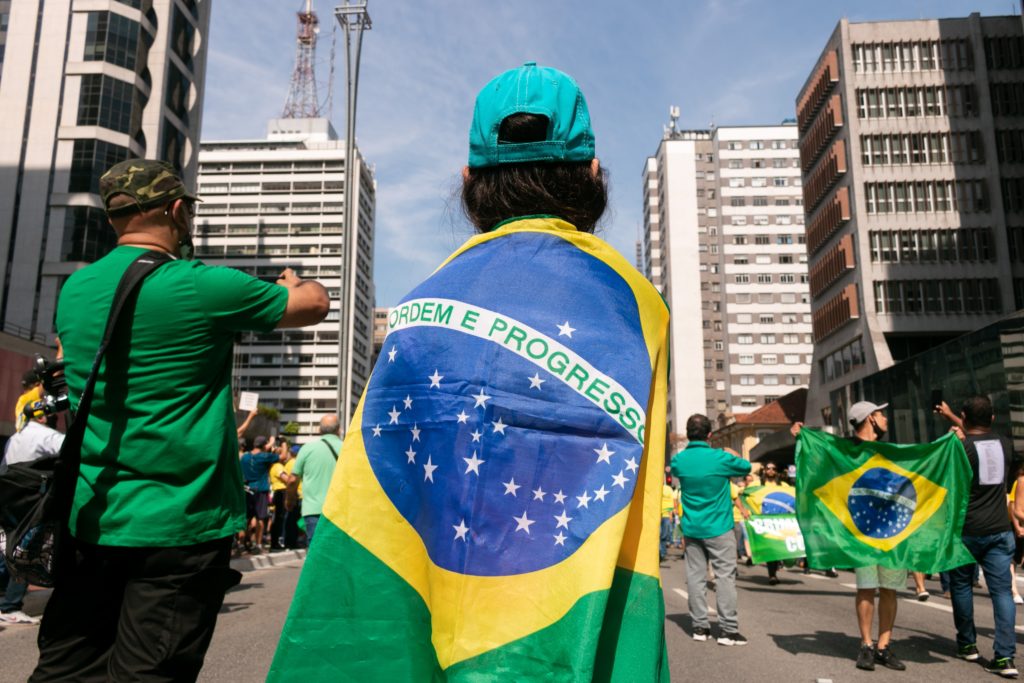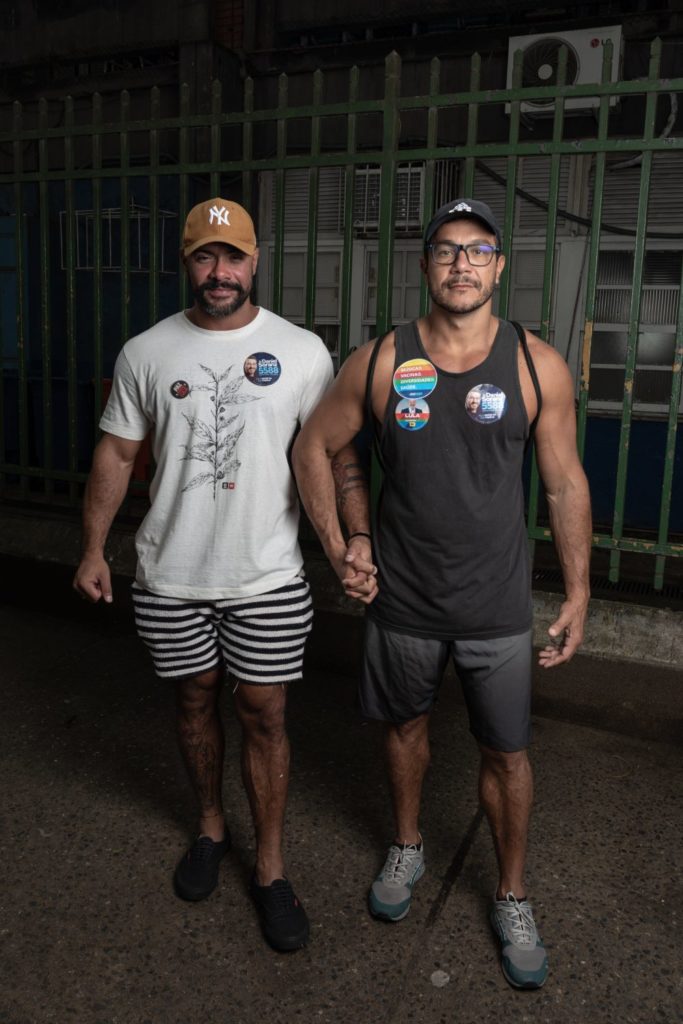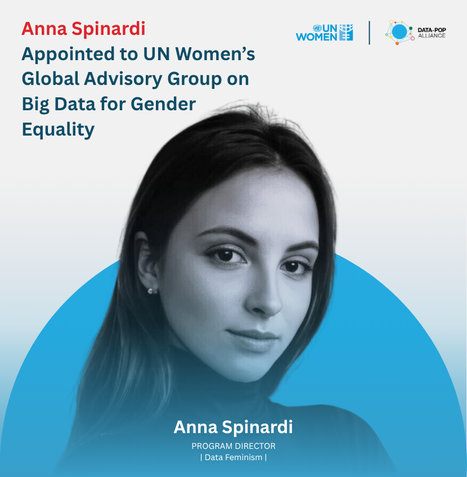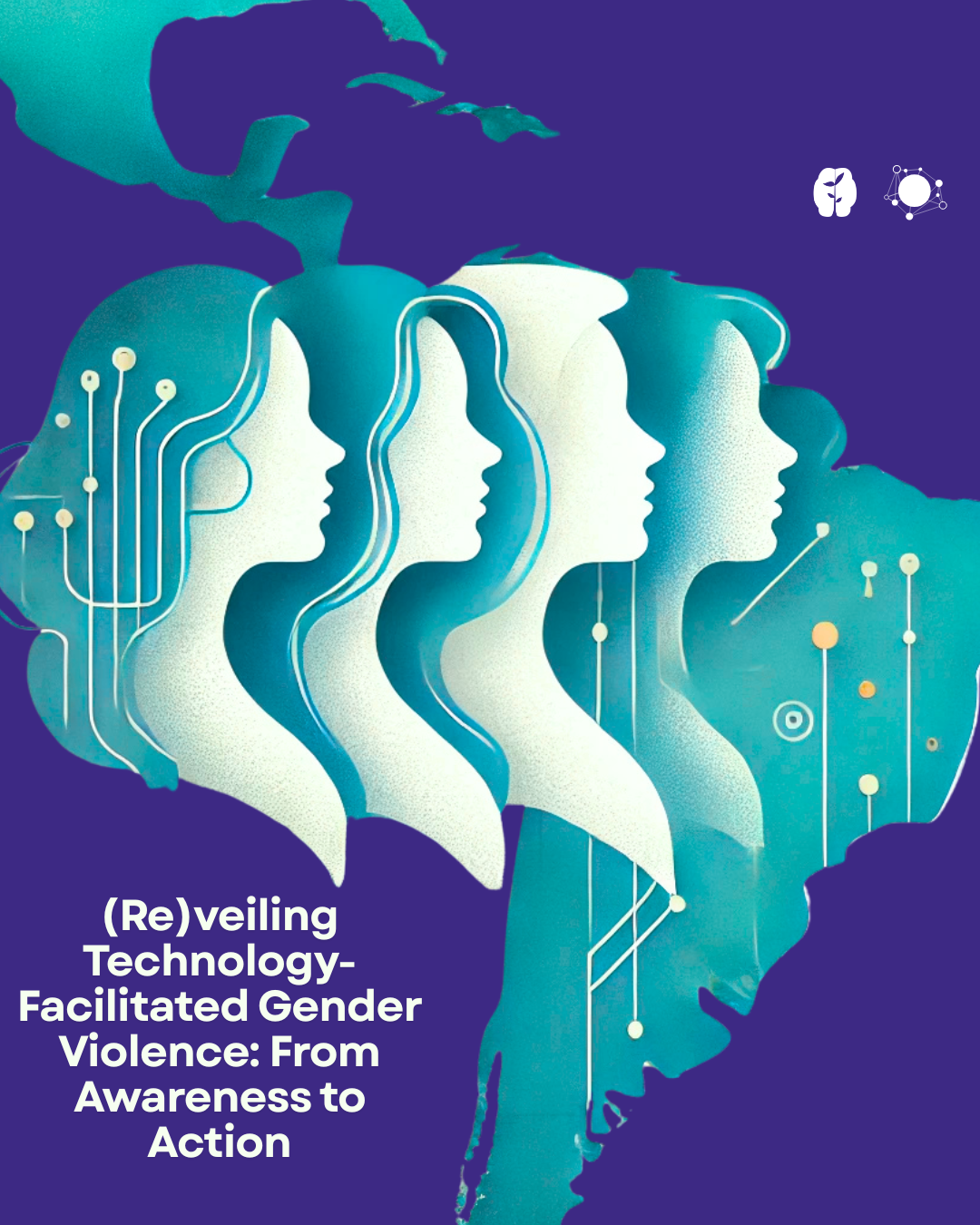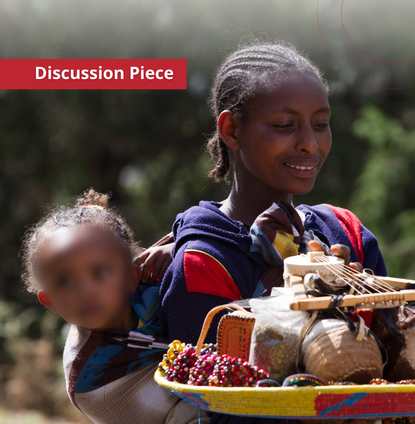LINKS WE LIKE #41
“You’ll never change anything in this country through voting. Nothing. Absolutely nothing.” - Jair Bolsonaro
On October 2nd, 2022, Brazilians headed to the polls to vote for a host of candidates running for multiple roles at both the national and regional levels. The most closely watched race was that for Brazil’s next president, pitting former president (and left-wing Worker’s Party candidate) Luiz Inácio “Lula” da Silva against far-right incumbent Jair Bolsonaro. While Lula came out ahead in the first round (48.4% to Bolsonaro’s 43.2%), neither candidate was able to achieve a majority. Subsequently, the two will face off again in a runoff election on October 30. In this edition of Links We Like, we explore some of the salient issues surrounding the election in Brazil, what’s at stake for the country and the efforts that are being undertaken to push back against misinformation and right-wing populism.
What the Election Means for Brazil
As one of the world’s largest democracies, and Latin America’s biggest economy, national elections in Brazil are closely watched and have outsized implications for both the region and the world. Against this backdrop, the rise of Bolsonaro (who took office in January 2019) has been especially troubling, considering his use of incendiary rhetoric against a host of vulnerable groups, including (but not limited to) women, the LGBT+ community, Indigenous people, and Afro-Brazilians. In addition, he has been outspoken in his admiration of both the military dictatorship that previously ruled Brazil, as well as other South American dictators. The quote at the beginning of this article is just one of many examples of his expressed contempt for democratic processes. Going beyond rhetoric, however, his policies and actions have provided additional evidence of this hostility towards democracy. He has attacked the country’s Supreme Court, threatened to cancel elections, and preemptively sowed doubt about the validity of election results, should they not go in his favor. Therefore, many national and international observers have speculated about the damage another Bolonaro term could have on Brazil’s already fragile democracy.
Populism on the Rise
If many of these themes sound familiar, it is because Bolsonaro is a member of a club of international right-wing populists who have increasingly gained traction around the globe. Many of the same tactics have been employed by these politicians, the most famous of whom is former US President Donald Trump. In fact, the similarities between the two have led many outlets to refer to Bolosnaro as the “Trump of the Tropics”. In addition to the aforementioned attacks on minority groups and “political correctness”, these populists also share a penchant for spreading misinformation and undermining free and fair elections. Perhaps the most salient (and devastating) example of misinformation has been around the COVID-19 pandemic. As Data-Pop Alliance’s Julie Ricard examined in an article on the subject, Bolonsaro positioned himself as leader of the “COVID-denial movement”, which doubtlessly contributed to Brazil’s death toll from the virus becoming one the highest in the world.
Another facet of this strain of populism is the fomenting of doubt around the validity of elections through disinformation, and the threat (or commision) of violence should the outcome not go their way. Just as Trump did in the United States, Bolonsaro has repeatedly raised the possibility of election fraud being used to rob him of victory. This (unsubstantiated) rhetoric also leads to the distinct possibility of violence following the election, as we saw during the January 6th assault on the US Capitol in response to Trump’s loss. Bolsonaro too has explicitly raised the specter of violence, telling supporters that they would “go to war” in the event of his defeat.
The Pushback
So what is being done to pushback against these trends? Luckily in Brazil, there are signs of hope. Even before his first election, movements such as #EleNão (not him) were gathering to protest against Bolonsaro and his brand of politics. In fact, #EleNão, a woman-led movement countering misogyny, was one of the largest mass demonstrations in the country’s history. Since his election, a host of civil society actors (some of which are explored below) have sprung into action. Young volunteers (trained by UNICEF) have signed up to fight misinformation around COVID-19. The city of São Paulo elected Brazil’s first transgender councillor, Erika Hilton, who was vocal in her oppostion to Bolonaro’s homo- and transphobia. The Supreme Court has launched investigations against Bolosonaro and his associates for their attempts to undermine the democratic order. Additionally, in a move that is of vital importance to the global climate, Indigenous groups have launched massive protests against his government’s destructive policies towards the Amazon Rainforest. These are only a few examples of citizen’s standing up to the politics of fear and division, and hopefully leading Brazil towards a more tolerant, sustainable and inclusive future.
Join us in this edition of Links We Like, as we discuss the implications and possibilities of the 2022 Brazilian elections through the eyes of the authors and media cited in the resources below (in Portuguese and English).
SaferLab a creative ideas lab that supports young people in the creation of human rights content with the aim of making the internet a better place; one with more open dialogue and respect for diversity. During the elections, there is a trigger for hate speech on the internet. Data from SaferNet Brasil show peaks in complaints related to this type of content during the electoral process in recent years. That’s why this laboratory bet on the potential of networks and the power of counter-narratives to promote critical thinking and more empathy with those who are the target of discrimination and promote methods to have a hate-free election discussion online.
O programa de entrevistas Roda Viva recebeu no mês passado o cientista político Steven Levitsky, autor do livro “Como as Democracias Morrem”, para discutir as ameaças à democracia brasileira. Acompanhando de perto o processo eleitoral brasileiro, o professor destaca quanto um possível segundo mandato do presidente Jair Bolsonaro pode ser danoso para as instituições do Brasil, e alerta sobre como o bolsonarismo continuará a existir, mesmo sem a presença de Bolsonaro na presidência. “Cada vez que você tem um presidente autoritário que concorre à reeleição, não é apenas uma ameaça à democracia, mas uma oportunidade para os eleitores darem um passo atrás e se mobilizarem numa direção mais democrática”, afirma. A entrevista incluiu ainda debates sobre as relações entre o cenário político e as forças armadas, a influência das redes sociais, e os desafios estruturais marcados pelas desigualdades do país, além de comparações com o ex-presidente Donald Trump e o avanço de governos de esquerda na América Latina.
O cenário político brasileiro tem se polarizado cada vez mais nos últimos anos, e a desinformação está desempenhando um papel significativo no agravamento dessas divisões. Campanhas de desinformação têm sido usadas para atingir eleitores enquanto notícias falsas e teorias da conspiração têm circulado nas redes sociais e no WhatsApp, muitas vezes com o objetivo de semear divisão e desconfiança. O problema foi agravado pelo fato de que a mídia brasileira é altamente fragmentada e muitas pessoas obtêm suas notícias de fontes não confiáveis. Um estudo publicado pela Reuters (2018) mostrou que 52% dos brasileiros usam o Facebook como principal fonte de notícias, 48% Whatsapp e 34% o Youtube. Apesar de haverem significativos avanços no combate às notícias falsas, o uso de redes sociais, especialmente de envio de mensagens em massa, continuam sendo os principais meios de proliferação da desinformação. Agências de checagem de desinformação em tempo real como a Lupa oferecem reportagens, videos educativos e conteúdo jornalístico na intenção de combater notícias falsas circulando durante as eleições de 2022. Organizações como essa são cada vez mais necessárias, pois o impacto da desinformação nas eleições brasileiras é motivo de preocupação com o risco de minar a credibilidade do processo eleitoral de 2022.
Using data from the Superior Electoral Court (Tribunal superior eleitoral/TSE), Nexo provides visualizations on the racial and gender composition of the new legislative elected in 2022, illustrating the political inequality and difference between those candidates who were elected and those were not. Overall, almost 51% of candidates were Black or Indigenous, but the rate of elected candidates is only 33%. While women represented almost 34% of the candidates running, the proportion of females elected is less than 18%. Statistics are even more striking when combining gender and race, with only 7% of state deputies and none of the senators elected being Black women.
Amidst accusations by Brazil’s far-right President Jair Bolsonaro that the country’s voting system (specifically, electronic voting) was likely to fall prey to fraud, Nicole Froio and Leonardo Carrato asked voters outside a polling station in Rio de Janeiro what they thought of electronic ballots, seeking to understand whether voters actually trust the Brazilian electoral system. This beautifully shot photo essay, through interviews with real, everyday voters, shows the partisan divisions in levels of trust towards electronic voting.
Further Afield
Portuguese Resources
- SafeNet Brasil
- Lupa
- Primeiro turno das eleições no Brasil: esquerda obtém vitórias históricas, mas bolsonarismo ainda é forte
- Eleições 2022 em debate. “As urnas confirmam que o Brasil deixa de ser um país capitalista emergente e se firma como país de capitalismo subalterno e dependente”
- Eleições 2022. Caminhos, limites e possibilidades políticas para os próximos anos. Entrevista especial com Bernardo Ricupero e Giuseppe Cocco
- Por que houve diferença entre urnas e pesquisas em 2022
- Projecto Comprova [Project]
- Precisamos falar sobre polarização
- Eles Poderiam Estar Vivos [Documentary]
- Eleições 2022: boicote a pesquisas por eleitores de Bolsonaro pode distorcer resultados?
English Resources
- Bolsonaro vs. Lula: What’s at Stake in Brazil’s 2022 Election
- Agência Pública [News Agency]
- Capitol Riot, Brazil Style? The Specter of Violence If Bolsonaro Loses the Presidency
- Last Week Tonight with John Oliver: Bolsonaro [Video]
- Bolsonaro Is One Step Closer to a Power Grab
- Carter Center Electoral Expert Mission Commends Successful Conclusion of Brazil’s Oct. 2 Election; Will Continue Assessing Brazil’s Voting Technology through Runoff
- Why the West Fears Bolsonaro Could Ignore Brazil Election Result
- Brazil Votes: Bolsonaro Allies Stand Firm in Amazon Bastion
- Many Fear Brazil will see its Own ‘Big Lie’ About Election Fraud Soon
- Practical Guide to the 2022 Brazil Election
- The Coup d´État Factory [Documentary]
- Why Disinformation could Prove Decisive in Brazil’s Election
- Why did the Brazil Election Pollsters get Bolsonaro’s Vote so Wrong?

